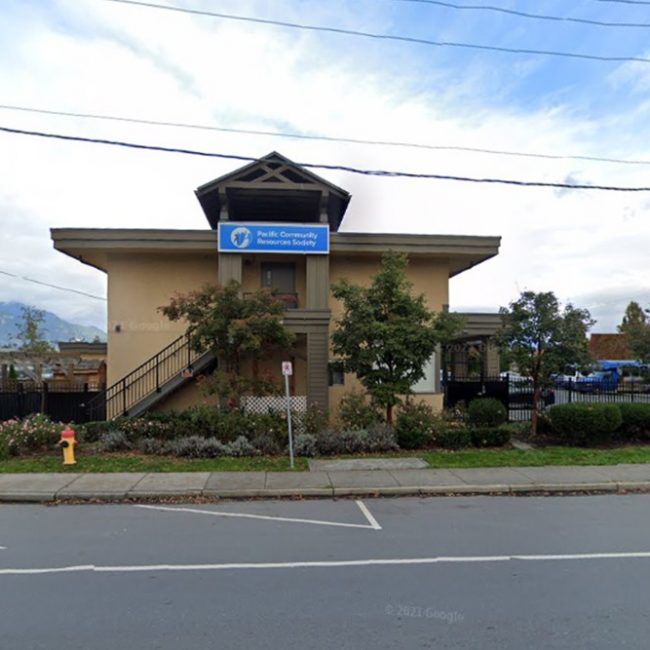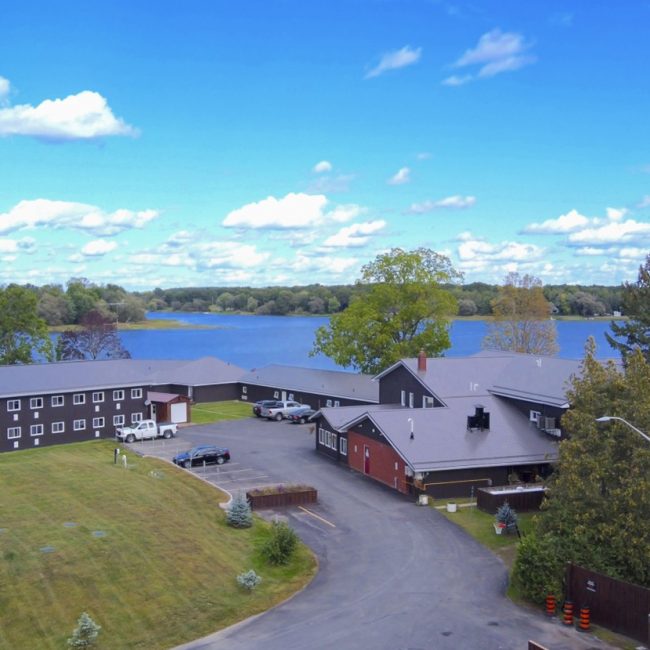Drug Intervention Treatment Centres
Best Intervention Treatment Centres
CAPS serves children, youth, and families in Chilliwack with effective and integrated alcohol and drug preventive measur
The 1000 Islands Addiction Rehab & Treatment Centre is a leading drug and alcohol rehab located in the Thousand Isla
Centres for Health and Healing
Centres for Health and Healing (CFHH), experience a luxurious retreat-style sanctuary, complete with a private indoor sw
What is an Intervention?
Intervention for addiction may be required if an addict refuses to seek help. Addicts often deny their problems and are unwilling to seek treatment. It may be necessary to work with others in order to take formal action.
It is a well-planned process that is supported by people who care for the addict. A professional interventionist (or addiction counsellor) may be consulted to help with an intervention. The intervention is designed to give the addict objective feedback about their behaviour and help them accept their addiction.


What happens during an intervention?
The following is for loved ones and those affected by addiction:
- Give objective feedback with specific examples on the addictive behaviour and its impact on loved ones and the addict
- Create a detailed treatment plan that is well-researched and includes specific steps, guidelines, and goals
- Be clear about what each person will do in the event that an addict refuses treatment
What are the steps for performing an intervention?
Two phases are required to carry out an intervention.
Phase of Pre-intervention
1. Plan
It is complex and delicate to perform an intervention. It is crucial that the intervention is done correctly. If it is not done correctly, an individual might feel attacked and become defensive. A trained professional can provide guidance and advice to help you determine the best strategy, timing, and execution. This will ensure that you have the best chance of success. To help you plan everything, meet with an intervention professional. To facilitate and mediate, you can invite the interventionist.
2. Form a team
To the intervention, invite 5 to 6 people. The group should include those closest to the addict and those most affected by the addiction. Important to remember that the people invited are those who can be trusted by the addict and will not get emotional or disrupt an intervention.
3. Create a treatment plan
Do not tell an addict they must get treatment. You should give them a specific treatment plan. Your loved one should be able to get help through the treatment plan. Compare the pros and cons of each option to determine which one is best for your loved one. Figure out admission requirements, funding, transportation, etc. It is important to create a treatment plan as if the addict has accepted 100% of the help offered and is willing to pay.
4. Establish the consequences you want to take.
There must be consequences if the addict refuses to accept treatment. These consequences must be determined before the intervention. If the addict wants to make a fresh start, it is not possible to enable them. These consequences can include financial support being cut off, as well as hospitality being terminated and relationships ending. These consequences can vary depending on the addict and how they relate to their loved ones.
5. Coordinate the time, date and location
With the whole group, arrange for the time, date and location of the intervention. You should choose a place where the addict is comfortable and won’t feel trapped. You must ensure that everyone is available on the date and at the time.
5. Rehearsal
Before the actual intervention, allow time for everyone to practice. This will allow everyone to release emotions and keep the group on track. A professional interventionist can help you navigate the rehearsal and give feedback if needed. It’s also useful to have a list of what everyone will say during the intervention in advance. This allows for a smooth rehearsal and helps establish the foundation.
Intervention Phase
Arrange a meeting to meet with the addict
You can make a plan to meet with the addict, but you should not mention that it is an intervention. You should plan to do something that is normal for you to do together. Make sure the meeting place is private, such as in your home, and not somewhere public. The intervention team should be present in the area by the time the addict arrives. Declare that the intervention is taking place and that everyone has something to share with the addict.
Each member may speak
Everybody should come around and, following the rehearsal format, read their statement. If necessary, an interventionist can facilitate the flow by calling on people to speak. Everyone should be able to speak out about the effects of addiction on them. Don’t be aggressive, angry, or confrontational.
Present the treatment plan
After everyone has finished speaking, the leader or professional interventionist should present the treatment plan. The treatment plan must be clearly documented and presented. Describe the reasoning behind the choice of the treatment plan. Voice your bottom line (repercussions for an addict who refuses to receive the treatment). Ask the addict to tell you what they would choose – whether they want treatment or not.
Next steps
The treatment plan should be implemented immediately if the addict accepts help. Most likely, this means that they are taken to the facility to begin treatment. Before they can begin inpatient treatment, they may need to be transferred to a detox facility. You must ensure that the addict is willing to start recovery and has fully committed to the treatment plan.
What should I do if an addict reacts negatively?
As this is a possibility, you must be ready for an addict to refuse treatment. It is important to be ready for an addict to accept the treatment plan, but not to commit to it. The bottom line is that you have to enforce the consequences if an addict doesn’t follow the entire treatment plan they have agreed to.
What can I do to get professional assistance with an intervention?
Addiction Rehab Toronto provides addiction intervention services. If needed, we have professional interventionists and addiction counsellors on staff. The intervention process can be facilitated by us. We offer a confidential, nonjudgmental, noncritical, and systematic process that allows individuals to gain insight into their lifestyle choices. They will see how they are affecting others and themselves.
At Addiction Rehab Centres Canada, different programs are offered to patients with different needs. Our rehabilitation center is staffed with professionals who work dedicatedly to ensure the well being and long-term recovery of every patient. Apart from our holistic approach, we also come with programs that focus on much more than just treating one’s addiction. In fact, our center also offers and provides a good number of treatment programs that will help sustain long-term success in the recovery process of every patient.
Talk To One Of Our Specialists By Calling 1-855-885-4747



